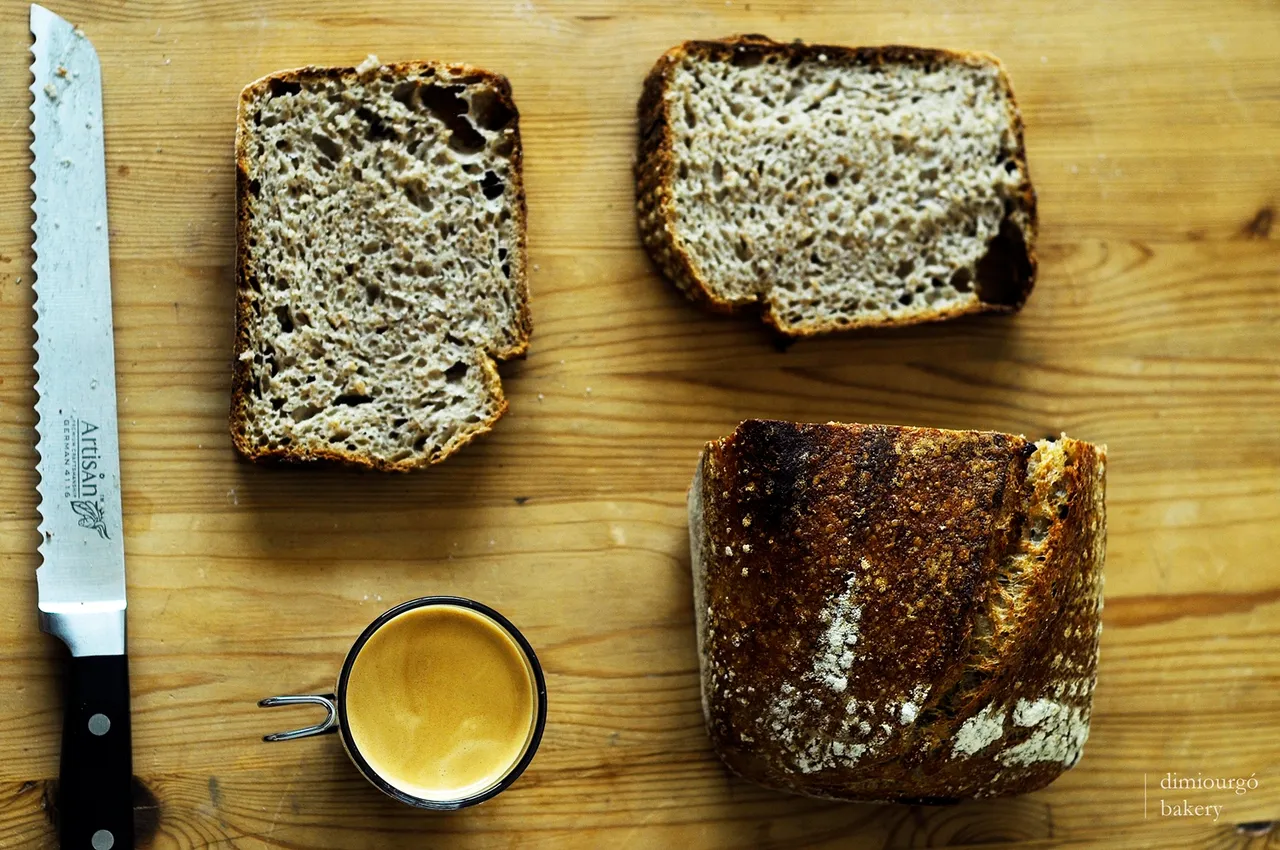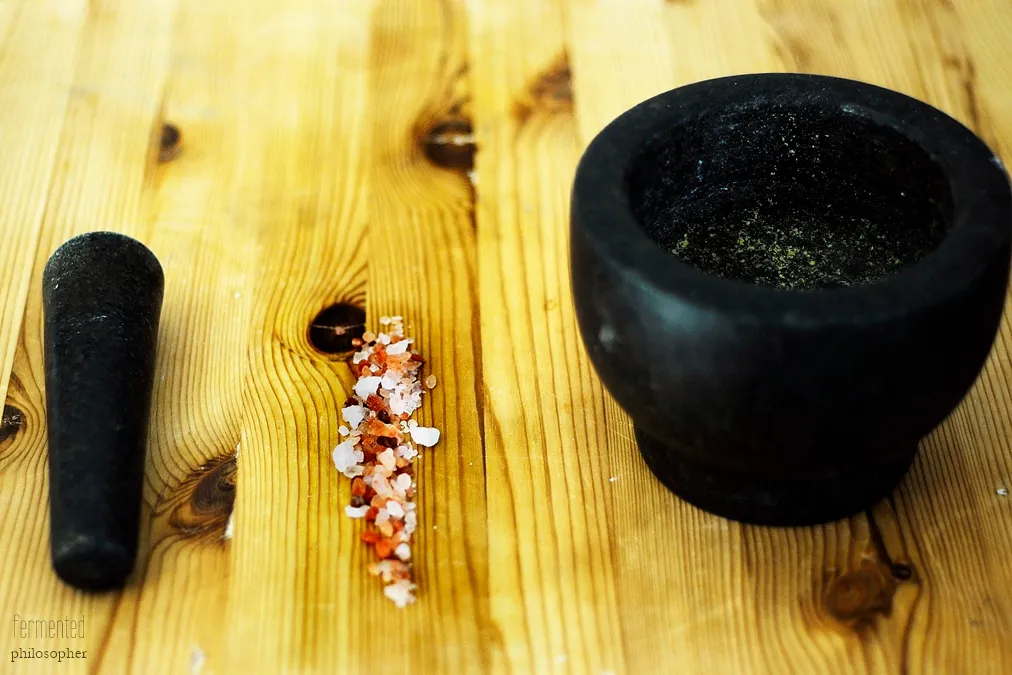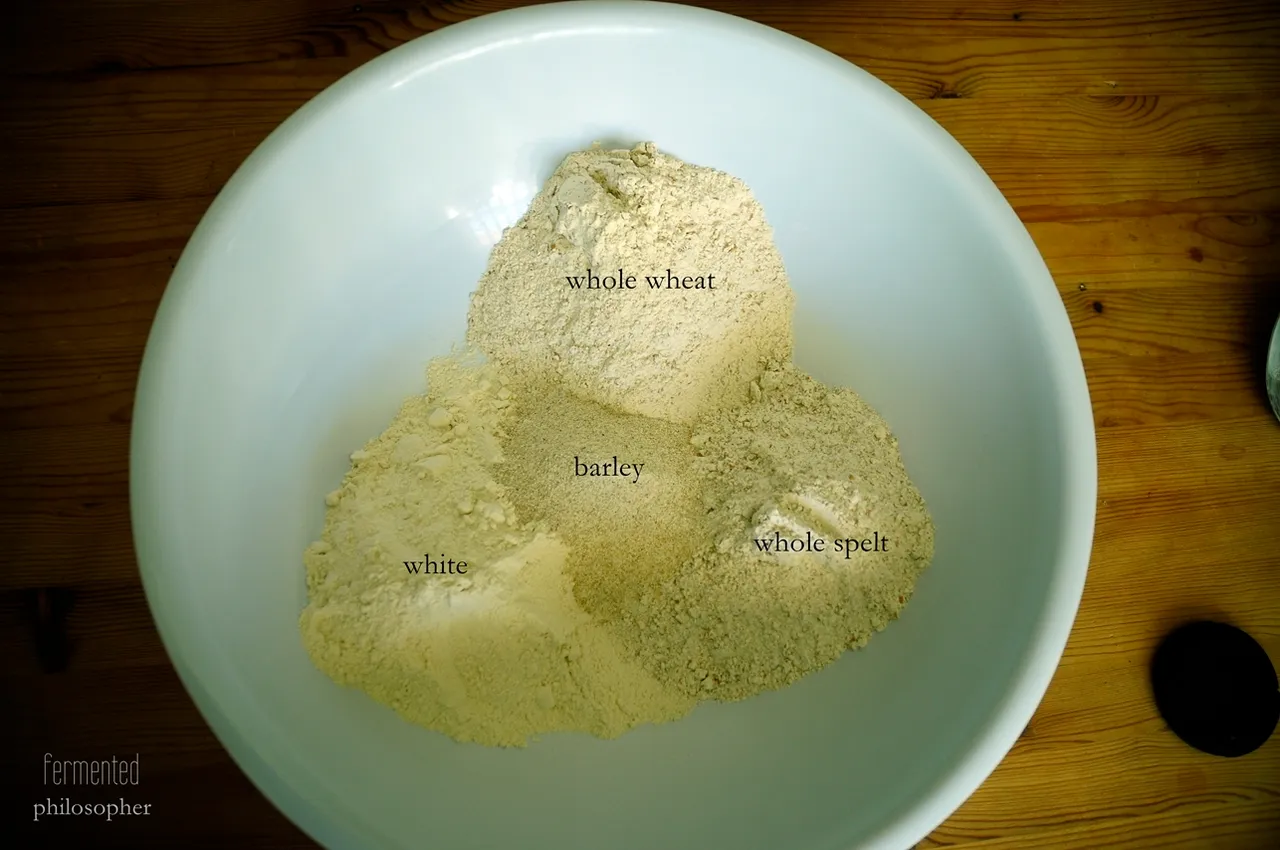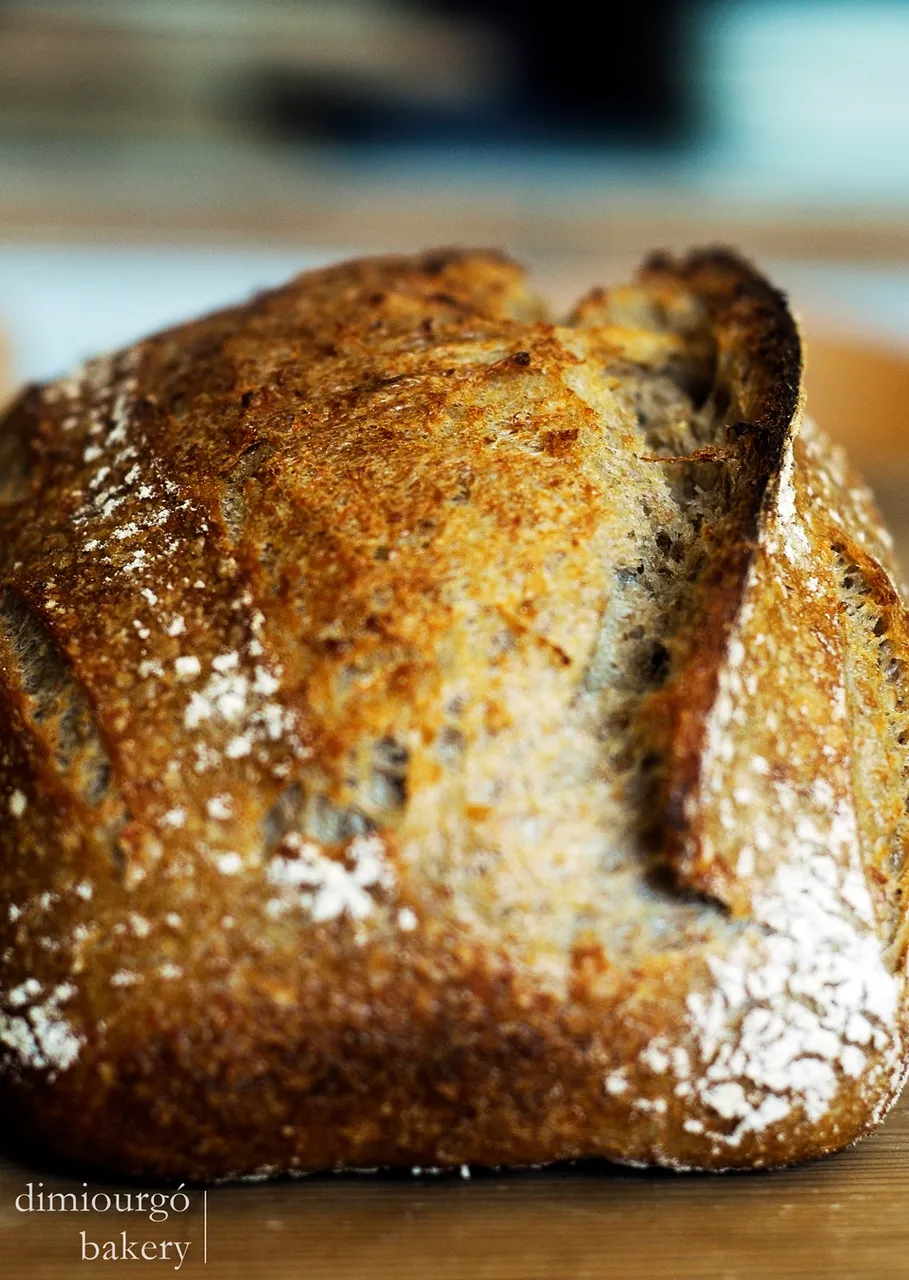
It is no secret that bread you buy in the plastic bag (henceforth “plastic bread”) is not made with just flour and water. If I take my local “plastic bread” and look at the ingredients I count about twenty different things that go into the bread. If you know how bread is made, this does not add up; it does not even make any sense. This leads to the philosophical question of what can be called “bread”? If you call “plastic bread” bread, you cannot call what has been bread for thousands of years, bread. You need to call it something else. This something else, is made from only four ingredients: wheat (flour), water, salt and (sourdough) starter. What do you call this type of bread, because you cannot classify it with “plastic bread” as bread?

What you buy at the store has been classified as “bread” for roughly a hundred years or so. Before this new “plastic bread”, bread consisted of the four ingredients above, but you can add time as an ingredient as well. It took some time to make bread. You needed to feed or “wake up” the starter, the bread is left to ferment for anything from 6 to 24 hours, and then baked sometimes only on the third day. There is no financial incentive to wait this long for bread to ferment, at least not from the viewpoint of the shop owner who wants cheap bread quickly.

There are some bad consequences about the “plastic bread”. Due to the quickly nature of its “production”, you leave the ingredient of time out. With time not on the list of ingredients, the “stuff” in bread does not have time to ferment. It is also no secret that “brown” bread or “health” bread is mostly white flour with bran or some of the “healthier” parts reintroduced to the flour. The conclusion is that “plastic bread” is not fully fermented. This is where the biggest problem lies: fully fermented bread is really healthy, where “plastic bread” (which is not fully fermented) is actually really bad for you. Or in other words, fully fermented bread digests easier because it is already “digested” in a way. There are some studies out that concludes that fully fermented wheat bread can in some way be seen as “gluten-free” because the extended fermentation breaks down the gluten. Time is thus such an important ingredient, but we took it out of our bread. Now the norm is “plastic bread”.

The Philosophy Part: Time as the Most Important Ingredient to a Better Life
In some of my previous posts I have written about the importance of time. Time can be seen as something you add to bread in the form of leaving it to ferment for longer, but time can also be seen as an ingredient you add to your life to live a better life. The problem of our current era is that we focus so much on immediacy that we forget to look at the future. The future is something mysterious, but also something scary we don’t want to look at. The current era cannot look at the future because there is nothing in the future to grasp onto. But this is a big problem: if you can only live in the present moment, you will not be prepared for the future, and you will not make it in life. Or in other words, you will not enjoy your life.
Time is needed to look into the future and be content with what will happen. The reason why so many people do not want to look into the future is because it shakes their present way of living. You cannot live a hedonistic life focusing on only the present when you look into the future. But what does time have to do with the future? The superficial is purely that time needs to tick away for the future to be realised. But the deeper meaning is that you need time to live and get (life) experience to accept and grasp the future. This can be done in many ways: reading, having intellectual dialogues with other, etc. The last mentioned can be seen as fermentation of your mind for the future. If you “ferment” your mind (by reading etc.) you will in essence become a better person to accept the fate of your future. But if you never “ferment” your mind, you will end up with nothing but memories of the bunch of “presents” you lived in. To “ferment” your mind is something like gathering nutrition for the future, so that when the future is here, you will not have nothing but the memories of the “presents”. If you ferment barley you will get beer. You will have beer for a while, but the beer will go off with time, and you will have nothing after that. But when you distil the “beer” you will end up with a clear spirit that you can store away (in wooden barrels). This will become a better product in the future, in the current present it is still not ready.
Now I know whisky is not a fermented drink, but it starts out as one. You can age whisky for a very long time, and with time it gets better. If you can use this analogy in your life, you will see what I mean. You can “ferment” your mind, distil it (by clearing what is bad from what is good (but this also takes time to do)), and then age it. You will have something for the future, you will have a better product, you will be a better person. But this cannot be done without time. You need time to work its magic. You need to give time chance to restructure you for the future. The person who can look into the future and not be scared, will have advantage over the person who will be only able to live in the present moment.
